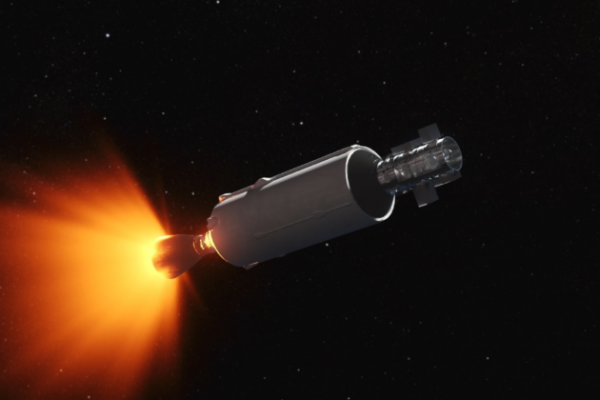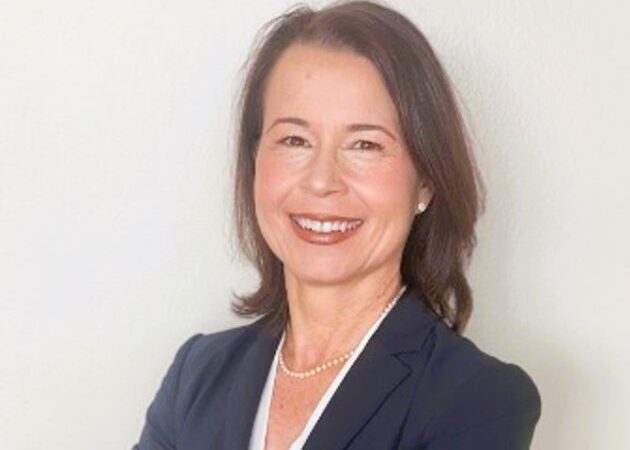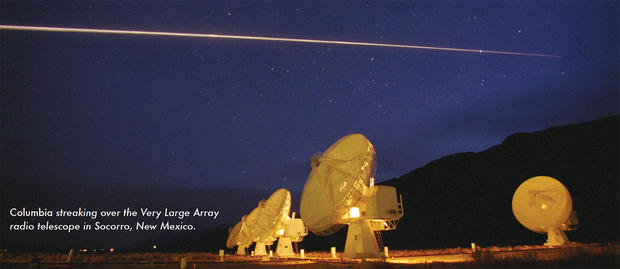While we’re at @SmallSat, the team at Launch Complex 1 is gearing up for our next mission. The launch window for our 8th mission, ‘Look Ma, No Hands’, opens on 16 August UTC. Let’s go to orbit again! https://t.co/olXThrj4jR pic.twitter.com/In2N1Pc4bA
— Rocket Lab (@RocketLab) August 5, 2019
Good news, bad news for Spaceflight: Satellite rideshare market is heating up – GeekWire

Seattle-based Spaceflight has made a name for itself by putting together bunches of small satellites for launch on someone else’s rockets, but now the owners of some of those rockets are aiming to take the business for themselves.
The promise and the perils of the dedicated-rideshare launch business came into the spotlight today in Logan, Utah, at the annual AIAA / Utah State University Conference on Small Satellites, better known as SmallSat.
On the plus side, Spaceflight announced that it’s getting ready for the second of several rideshare launches from New Zealand on Rocket Lab’s Electron rocket. The mission, dubbed “Look Ma, No Hands,” is due to put three satellites into orbit for Spaceflight’s customers during a launch opportunity that opens Aug. 16.
One of the payloads is BlackSky’s Global-4 satellite – the fourth piece of an Earth observation constellation being assembled by a sibling subsidiary that, like Spaceflight, exists under the wing of Seattle’s Spaceflight Industries.
The other payload arranged by Spaceflight is a pair of nanosatellites that will test new spacecraft technologies including propulsion, power, communications and drag capabilities. The CubeSats, code-named “Pearl White,” have been built and will be operated by Tiger Innovations with oversight from the U.S. Air Force Space Command.
Those three satellites will share the Electron with satellites that will be part of a maritime surveillance constellation for the French company Unseenlabs.
Spaceflight CEO Curt Blake said he’s looking forward to offering customers “a regular cadence of launches with Rocket Lab,” and referred to other launch providers as well. “Having multiple launches across different launch vehicles gives our customers the flexibility they need to mitigate risk from potential delays,” Blake said in today’s news release.
In addition to Rocket Lab, Spaceflight’s partners include SpaceX, the European Arianespace consortium and Northrop Grumman as well as the Indian Space Research Organization and India’s state-owned Antrix Corp.
SpaceX’s Falcon 9 has been involved in some of Spaceflight’s most memorable missions, including last December’s 64-satellite launch and February’s landmark launch of an Israeli lunar lander and a geostationary telecom satellite.
However, SpaceX signaled today that it will be taking future rideshare business for itself, without Spaceflight serving as the middleman.
“SpaceX is expanding its launch services to directly address the needs of small satellite operators through regularly scheduled, dedicated Falcon 9 rideshare missions,” the company said in a tweet.
SpaceX is expanding its launch services to directly address the needs of small satellite operators through regularly scheduled, dedicated Falcon 9 rideshare missions → https://t.co/jqQxEdt4xp pic.twitter.com/3gzOPxdVkW
— SpaceX (@SpaceX) August 5, 2019
The SmallSat Rideshare Program will offer launches to sun-synchronous orbit – one of Spaceflight’s sweet spots – for as low as $2.25 million per mission for up to 150 kilograms (330 pounds) of payload, SpaceX said on its website. The first three such missions are set for the 2020-2021 time frame, for early 2022 and early 2023.
“Unlike traditional rideshare opportunities, these missions will not be dependent on a primary,” SpaceX said. “These missions will be pre-scheduled and will not be held up by delays with co-passengers.”
If payload developers have to miss a launch due to development or production challenges, SpaceX said it would let them put the money they’ve paid for that launch toward a future mission. “Rebooking fees may apply,” the company added.
Spaceflight’s 64-satellite mission, known as the SmallSat Express or SSO-A, illustrated how herding together lots of co-passengers can present a challenge. The SmallSat Express was originally set for 2017, but had to be rescheduled not only due to payload issues but also due to SpaceX’s shifting launch schedule.
SpaceX appears to be banking on regular supply and demand for payload traffic, just as bus operators and airlines bank on enough business to keep their vehicles sufficiently full on a regular schedule. Much of the baseline demand may well come from SpaceX’s own Starlink deployment effort, which aims to put thousands of broadband satellites in low Earth orbit.
In an interview with GeekWire last year, Blake said bus service is an apt analogy for the Falcon 9’s role in Spaceflight’s rideshare business, while Rocket Lab’s smaller Electron rocket is more like a taxi.
“If a lot of people want to go from Kirkland to downtown Seattle [and] they all want to go at 7:30 in the morning so they can get to work, the bus is a great solution to that. If you want to go somewhere at a time when not everybody wants to go, or if you want to go someplace that not many people want to go to … then you’re better off going in a taxi,” Blake said at the time.
In a statement emailed to GeekWire after SpaceX’s announcement, Spaceflight suggested that it would be putting more of its passengers on taxis rather than buses. “Based on Spaceflight’s experience, providing rideshare services on small- and medium-sized launch vehicles is becoming a better fit for its customers’ needs,” the company said.
Meanwhile, Arianespace said it would be getting into the rideshare business starting in early 2022. Its “GO-1” service will use next-generation Ariane 64 heavy-lift rockets to put assortments of small satellites into geosynchronous equatorial orbit, or GEO.
#Arianespace’s “GO-1” mission will provide small satellites with a direct flight to geostationary orbit. Read the press release: https://t.co/Oshv8pKRy9 pic.twitter.com/r3NqUMpanW
— Arianespace (@Arianespace) August 5, 2019
Slots on a launch from Arianespace’s launch pad in French Guiana could be purchased as late as six months before liftoff, Arianespace said.
“Until now, there has been no convenient, predictable, affordable path to GEO for small satellites. But with the Ariane 64 coming online and the GO-1 mission, we’ve engineered a solution that will pave the way for a smallsat revolution in geostationary orbit,” Arianespace CEO Stéphane Israël said in today’s news release.
Israël made it sound as if GO-1 would puts the Ariane 64 into use as the analog of a big airport shuttle, hanging around to pick up passengers and then lifting them into high orbit when the slots fill up.
“While most of such launches depend on a lead customer who could delay the flight, the GO-1 mission will follow a specific schedule – offering to each customer and to each satellite a ‘place of honor’ aboard this flight, which will lift off once the targeted payload capacity is booked,” he said.






